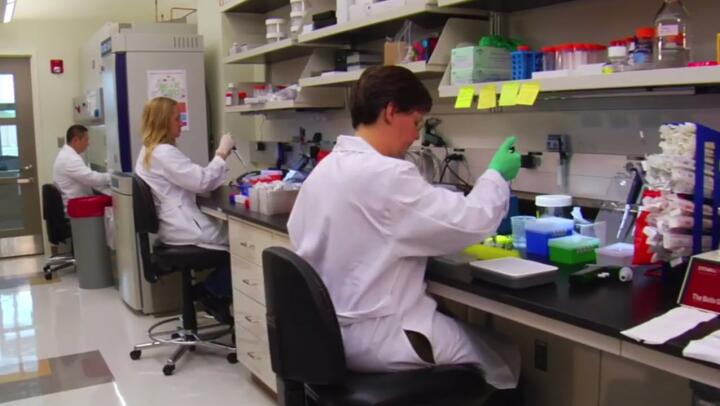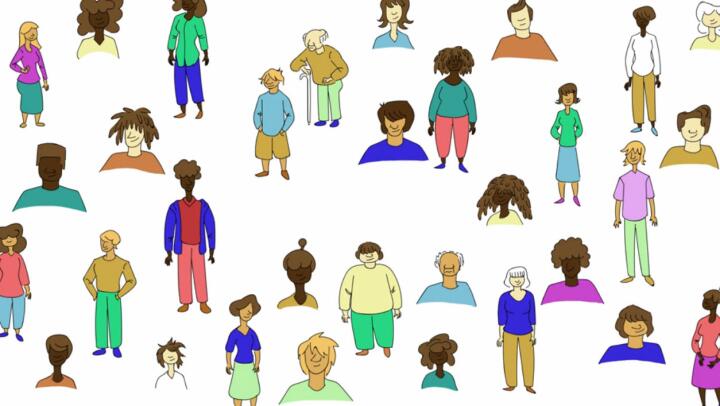
Eating right isn’t always a picnic, but if you’ve been diagnosed with chronic hepatitis C, you’ll want to make sure your diet is as healthy as possible.
Your liver processes what you consume and helps convert it into energy and nutrients your body can use. It also removes toxins from your blood. Eating a healthy diet can help your liver function properly, possibly decrease the symptoms of hepatitis C, and even help repair some of the damage the disease may cause.
Consuming a nutritious diet can also help you maintain a healthy weight, which can prevent further liver damage from occurring. Overweight people, in general, are at greater risk of developing nonalcoholic fatty liver disease. This unhealthy buildup of fat in the liver cells can lead to cirrhosis (liver scarring), liver cancer, or liver failure over time, just like hepatitis C can.
Here’s what to eat (and avoid) in order to better manage your condition—and feel better as a result.
Consume foods from all food groups. A healthy, balanced diet includes fruits, grains, vegetables, and protein. Follow the principles of the U.S. government’s dietary guidelines:
At meals, make half your plate fruits and vegetables.
Switch to skim or 1% milk and yogurt. Nonfat and low-fat dairy products have the same amount of nutrients as whole-fat dairy products, but half the amount of fat and calories.
Make at least half the grains you consume whole grains, such as whole-grain cereal, bread, and pasta.
Choose lean meat and poultry, and keep portions small.
Substitute beans for meat and other protein sources occasionally. Beans are high in fiber and protein.
Cut back on foods high in solid fat, added sugars, and salt, such as cakes, cookies, ice cream, pizza, cheese, sausage, and hot dogs, or avoid them altogether. If you’re taking hepatitis C medication, greasy, fatty foods may upset your stomach.
Talk with your doctor about whether it’s okay to drink alcohol. Avoid alcohol if your doctor says you should. Drinking alcoholic beverages can lead to serious liver damage in people with hepatitis C. Not only is alcohol toxic to your liver, it prevents your body from absorbing some nutrients. It also can make your hepatitis C medications less effective.
If you do choose to drink alcohol, limit it to no more than one drink per day for women or two drinks per day for men. One drink equals 12 ounces of beer or wine cooler, 5 ounces of wine, or 1.5 ounces of 80-proof distilled spirits or liquor, such as gin, vodka, or rum.
Drink plenty of water. Unless you’re on a diet in which fluid is restricted, be sure to drink when you’re thirsty. This helps you stay hydrated so your liver can function better.
Eat to reduce the side effects of medication. Hepatitis C medication may cause nausea, vomiting, diarrhea, and loss of appetite. To reduce these side effects, keep a food diary and note the foods that make you feel better. Then, build your diet around them. Stay away from the foods that make you feel worse.
Also, try to eat small, frequent meals, even if you’re not very hungry. Small amounts of food may be easier to digest.
Finally, if you have cirrhosis of the liver as a result of hepatitis C, ask your doctor about any diet changes you may need to make. They may include eating less protein, salt or iron-rich foods, or drinking less fluid. Talk with your doctor before taking any dietary supplements, since some vitamins may cause liver damage.
Eating a healthy diet can help your liver function properly, possibly decrease the symptoms of hepatitis C, and help repair damage caused by the disease.
A healthy, balanced diet includes fruits, grains, vegetables, and protein.
Avoid alcohol if your doctor says you should. It can lead to serious liver damage in people with hepatitis C.
- Your medication may cause nausea, diarrhea, and loss of appetite. To reduce these side effects, keep a food diary, note the foods that make you feel better, and build your diet around them.












